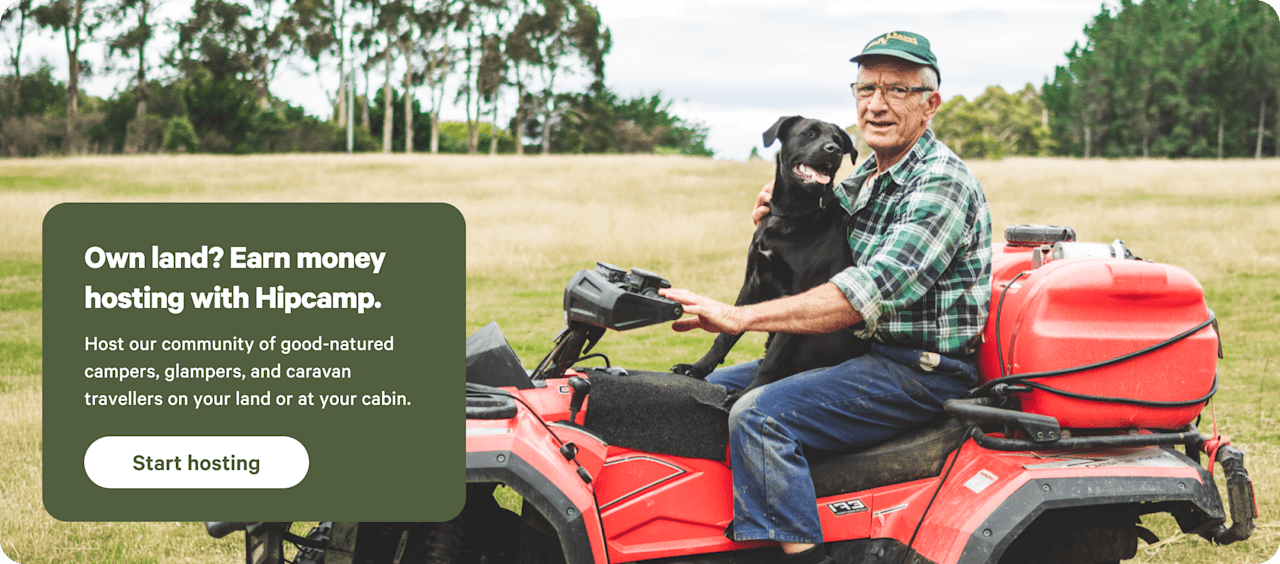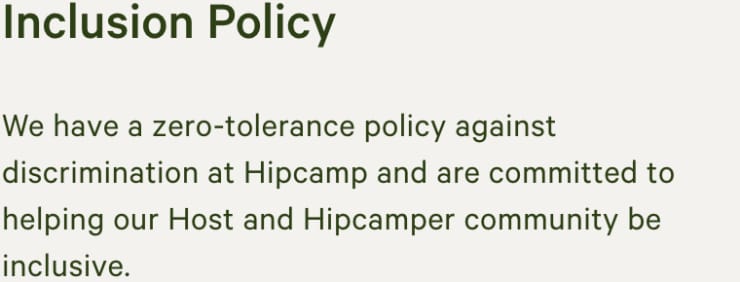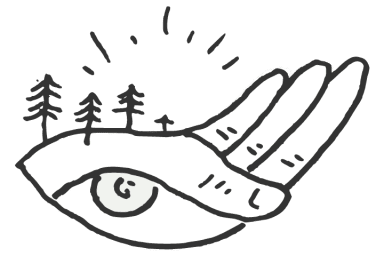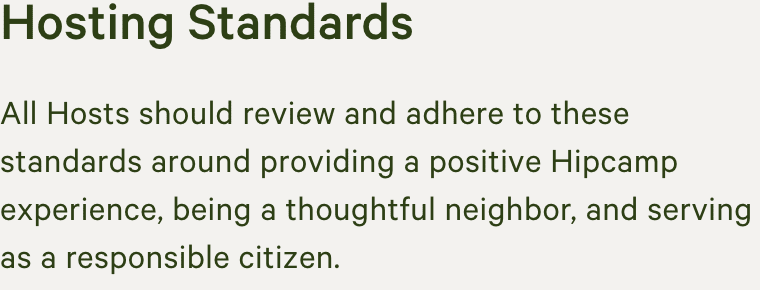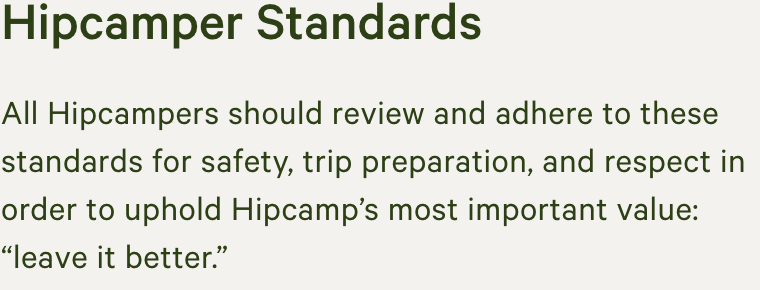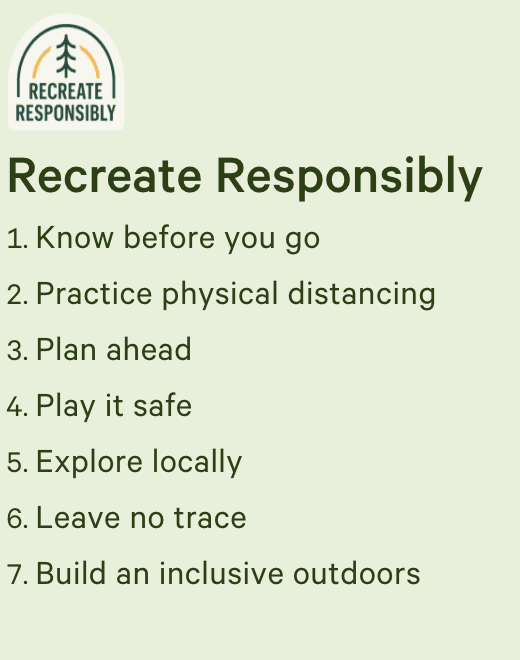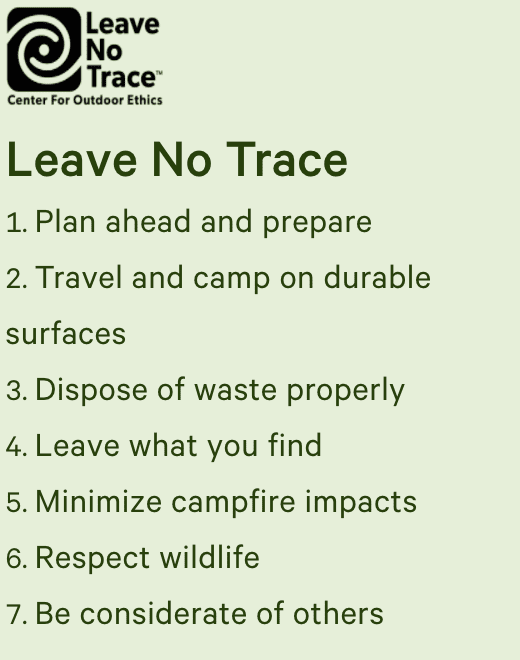Dog-friendly and waterside camping near Mudgee
Rolling hills, wineries, and al fresco cafes make this historic town a lovely stop-in for campers.
- Mudgee
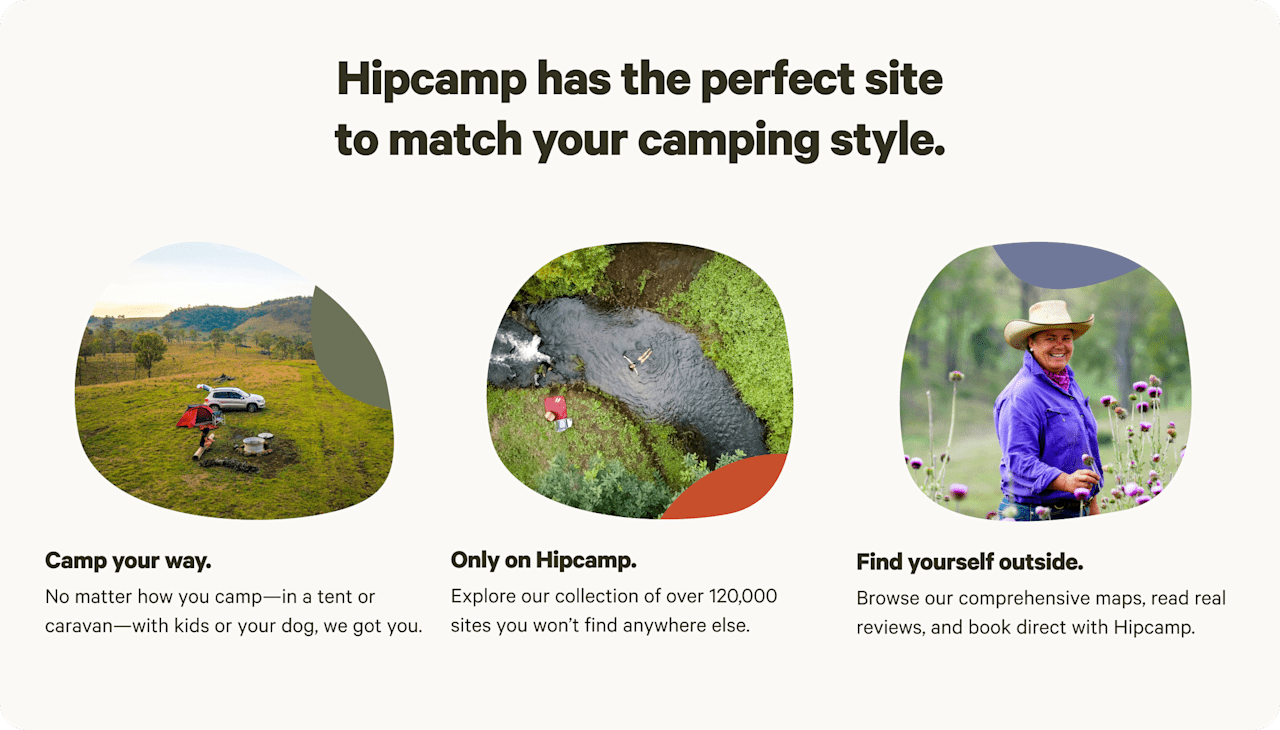

Dog-friendly and waterside camping near Mudgee guide
Overview
On the banks of the Cudgegong River and surrounded by rolling hills and vineyards, Mudgee’s name originates from the Indigenous word Moothi, which means “nest in the hills,” an apt way of describing it. As well as its many wineries, the area produces honey, olives, and cheese while also providing a range of nature experiences for lovers of the outdoors. It’s an ideal getaway for an authentic bush break in Australia with day trip options and myriad overnight stays for campers, including holiday parks and glamping.
Where to go
The Drip
This beautiful walk meanders along the Goulburn River to “the great dripping wall,” colloquially known as The Drip, where water trickles down the sandstone rock. About 40 minutes’ north of Mudgee, the 2.8-km hike begins and ends at the car park, where there are also picnic tables. While you’re there, visit the Indigenous rock art site Hands on Rock, 2 km north at Ulan.
Ferntree Gully Reserve
Wander through the rainforest admiring the gully of eroded sandstone on one of several walks at Ferntree Gully, an hour’s drive west of Mudgee. You can walk through the fern and orchid-filled valley floor and around the top of the gully admiring the view. Lyrebirds are also regularly spotted here.
Dunns Swamp
Despite its name, this hidden gem on the banks of the Cudgegong River in Wollemi National Park is a gorgeous wilderness area. Enjoy a picnic, hop into kayaks or jump on stand-up paddleboards and meander around the waterway. Southern Cross Kayaking offers guided tours and hire from late spring until autumn, during school holidays and on long weekends. It’s just over an hour’s drive west of Mudgee.
Taronga Western Plains Zoo Dubbo
There are no fences or cages at this open-range zoo, under two hours’ northwest of Mudgee. Instead, concealed moats divide animals including lions, elephants, zebras, and giraffes from people, creating the feeling of being in the wild. Known for its breeding and conservation programs, the zoo is home to more than 5,000 animals from over 350 species.
When to go
The Mudgee region can be very hot in summer (December to February), and very cold in winter (June to August), so it’s best to visit in spring or autumn when the dry leaves make it even more picturesque. Long weekends and public holidays can get extremely busy. A number of festivals are held throughout the year—the biggest is the Mudgee Food and Wine Festival in late September and early October.
Know before you go
- Mudgee is about a 3.5-hour drive northwest of Sydney in Central West NSW.
- The town has three supermarkets: Coles, Woolworths, and Aldi.
- Mudgee Camping and 4WD stocks a large range of camping, fishing, and outdoor products to help improve your camping experience, as well as 4WD accessories, along with a fully equipped workshop to fit them.
- Reverse angle parking is a requirement in the centre of Mudgee.
- Fire bans are common in the Mudgee region and in NSW national parks during summer and dry periods. Be sure to check local recommendations before lighting a campfire.
